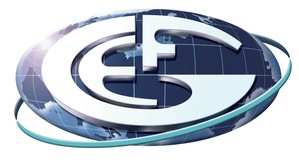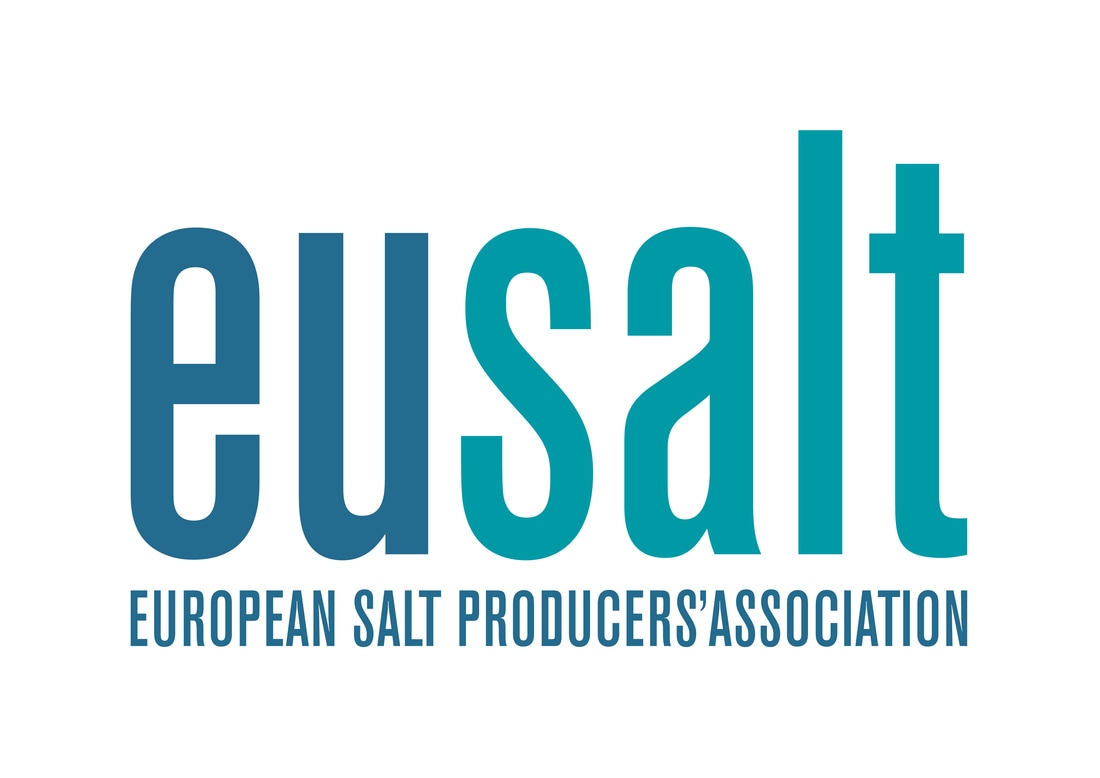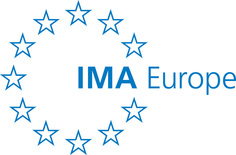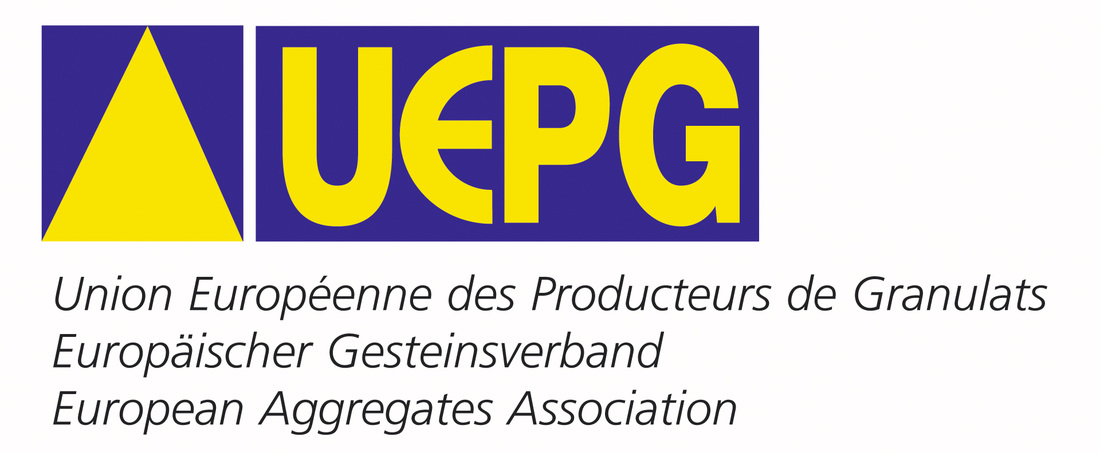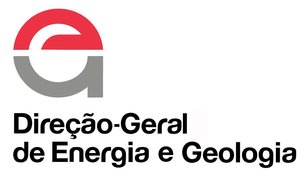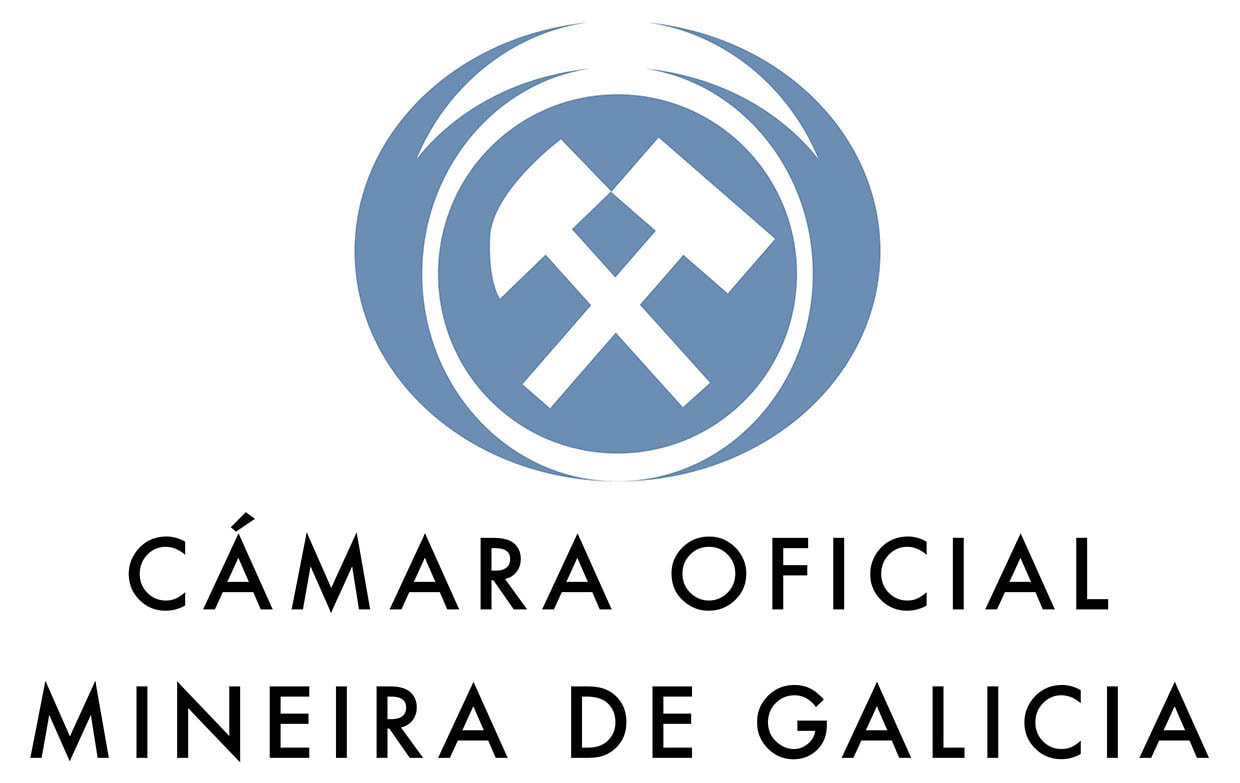Partners
The network is open to any stakeholders bringing values to the European network
European associations
|
The European Plaster and Plasterboard Manufacturers Association (Eurogypsum): The European Gypsum Industry covers the whole life-cycle of the product (from extraction to recycling). The companies which extract the mineral “Gypsum” also process it and manufacture the value-added products and systems mainly used in construction. Gypsum products are eternally and fully recyclable as they always keep their natural properties after every recycle. Therefore, the gypsum companies strive to recycle the products at the end of their life-cycle (construction and demolition waste).
|
|
CEMBUREAU, the European Cement Association based in Brussels, is the representative organisation of the cement industry in Europe. The Association acts as spokesperson for the cement industry before the European Union institutions and other public authorities, and communicates the industry’s views on all issues and policy developments with regard to technical, environmental, energy and promotional issues.
|
|
EFG is the Voice of European Geologists. The European Federation of Geologists (EFG) is a not-for-profit professional organisation focused on the promotion of excellence in the application of geology and in raising public awareness on the importance of geosciences for the society. EFG is based in Brussels, was established in 1981 and includes today 25 national association members. EFG adheres to the principles of professional responsibility and public service and certifies the competence, integrity and ethical conduct of professional geologists. Professional geologists, from the EFG national association members, contribute with their expertise in education, research and applied practice in industry and for governments in a wide range of activities that are vital to society and to protection of the public. The EFG delivers its objectives through activities relating to: EU policies & environmental protection; Education & outreach; Free movement & professional titles; Professionalism & ethics; Supporting EFG Members.
|
|
The European Salt Producers' Association - EuSalt - is a European non-profit association acting according to the interests of salt producers towards European and international authorities and stakeholders since 2004. We act as an informative platform and facilitator for exchange, providing information to salt producers, as well as interested parties outside the salt industry. EuSalt represents salt producers producing sodium chloride as an end product regardless of the production method (solar salt, rock salt, and vacuum salt). Our aim is to promote a better understanding of salt and raise awareness about the role salt plays in our lives, whether it helps us get around in winter, keeps our bodies functioning or any of the many other uses, in the household or industry. EuSalt also supports international organisations and networks by sharing expertise and knowledge. EuSalt promotes setting standards in order to improve the quality of salt, salt products and production methods. To achieve this, EuSalt was granted the observer status in both the European Committee for Standardisation (CEN) and the Codex Alimentarius. Furthermore, and in collaboration with the Iodine Global Network (IGN), EuSalt contributes to projects that aim to fight iodine deficiency and related diseases worldwide.
|
|
IMA-Europe is an umbrella organisation which brings together a number of European associations specific to individual minerals: Calcium Carbonates (GCC/PCC), Dolomite, Andalusite, Bentonite, Borates, Diatomite, Feldspar, Kaolin, Lime, Mica, Plastic Clays, Sepiolite, Silica, Talc, Vermiculite. Together, IMA-Europe's associations represent over 500 companies in 28 countries. IMA-Europe provides sector-based representation for industrial minerals. The Association is particularly focused on representation at European Union (EU) institutional level and coordinates contacts with national and international authorities. IMA Europe is involved in all non-commercial issues related to the properties and safe use of minerals, from their extraction and processing through to their end-use applications. Health and safety at the workplace, environmental protection, product safety and awareness about the importance of industrial minerals for society are at the core of IMA Europe’s priorities. IMA-Europe ensures that the industrial minerals industry at large benefits from the sharing of non-sensitive information and plays a supporting role in the promotion of best practices. Check out our videos to learn more about us!
|
|
UEPG, the European Aggregates Association promotes the interests of and contribution to sustainable development of the biggest non-energy extractive industry with an annual production of 2.6 billion t, with 25,000 extraction sites across Europe operated by 15,000 companies – most of them SMEs. Aggregates are a granular material used in construction, i.e. sand, gravel, marine aggregates, crushed rock, recycled and manufactured aggregates. Every new home typically requires up to 400 tonnes of aggregates. Every new 1km of roadway requires up to 30,000 tonnes of aggregates. Aggregates are indeed the core building material in all our homes, offices, social buildings and infrastructure: without aggregates these would literally fall apart. Like for water and air, the question for the supply with aggregates is not whether we need it but how to get these materials in the most sustainable way.
|
National associations
|
The Spanish National Confederation of Rocks and Industrial Minerals Producers – COMINROC is the main Confederation of the Spanish extractive industry and is integrated by eight sub sectoral associations: Aggregates (Federación de Áridos - FdA), Ornamental Stone (Cluster Piedra), Industrial Minerals (AINDEX), Cement (Oficemen), Lime (ANCADE), Gypsum (ATEDY), Silica Sand (Ibersil) and Slate (Federación Nacional de la Pizarra). Only Metallic Mining and Coal are not under the scope. Most of these associations are integrated, at EU level, in European associations: UEPG, Euroroc, IMA Europe, CEMBUREAU, Eula, EuroGypsum, Eurosil. COMINROC is a relevant member of CEOE, the Spanish member of Business Europe. COMINROC is representing about 2.000 companies running 2.900 extractive sites (99% of the total sites in the Spanish Extractive Industry), 17.155 direct workers (79%), 173 Mt (97%) and 61% of the total value of the mineral raw materials produced in Spain.COMINROC is a reliable and trusted stakeholder both at national and EU level (EU Transparency Register: 183941321097-90). COMINROC is representing the sector in all the relevant Administrations and national bodies direct or indirectly related with the extractive industry. In 2010, COMINROC organised, during the Spanish Presidency of the EU, the European Minerals Conference Madrid 2010 – The EU Raw Materials Initiative: Sustainable access to resources in Europe, where Commissioner and Vice-president of the EC Mr. Tajani and other relevant authorities attended.
The German Building Materials Association (bbs) represents the business and industrial interests of 16 sub-sectors and around 4.000 companies with a total of 145.000 employees. The German building materials industry generates an annual turnover of about 33 billion Euro.
With its modern production processes and products, this industry makes a significant contribution to a sustainable economic development. To protect jobs, the building materials industry needs a competitive business environment. This includes secure access to domestic raw materials as well as future-oriented environmental, climate and energy policies. Furthermore, bbs advocates the development of infrastructure in line with actual needs as well as better investment incentives in the housing construction sector and for energy-saving restoration. The bbs stands for a successful dialogue on environmental issues between industry, NGOs and trade unions. For example, in 2004 it issued a joint declaration together with NABU (environmental protection organization) and the trade unions for Building-Agriculture-Environment and Mining, Chemical, Energy. |
National authorities
|
Direção Geral de Geologia e Energia (DGEG) is a governmental body, referred to as Portuguese Mining Authority, whose mission is to contribute to the design, promotion and evaluation of geological resources and energy policies in a perspective of sustainable development and ensuring the security of supply. DGEG is also the responsible body for issuing mineral mining and quarying exploration and exploitation permits. In the specific area of land use planning, DGEG is called upon to participate in the 3 levels of decision regarding land use planning, namely: at national level (PNOPT), regional level (PROT) and local level (PDM) in order to develop and implement land use policies which clearly include the mineral resources and avoid or mitigate land use conflicts. Applications for quarrying operating permits are processed and decided by the DGEG or by the Municipal Authorities, depending on whether the operations are medium/ large or small scale. In processing these permits other departments of the Administration involved in the environment and spatial planning are consulted as are the municipal authorities of the area covered by the application. DGEG has a proactive management team, a body of dedicated mining engineers and geologists among other professions and has good facilities and infrastructures.
|
|
CDTI - Centre for the Development of Industrial Technology – is a Spanish public business entity under the Ministry of Economy, Industry and Competitiveness. CDTI seeks to contribute to improving the technological level of the Spanish companies by means of implementing the following activities: Financial and economic-technical assessment of R&D projects implemented by companies, Managing and fostering Spanish participation in international technological cooperation programmes (H2020 and previous Framework Programmes , EUREKA, Eurostars, IBEROEKA, ESA and CERN, among others), Fostering international business technology transfer and support services for technological innovation, and Supporting the setting up and consolidating of technological companies. Aligned to this international approach, CDTI has built a strategic network of offices and representatives abroad (in 28 countries, including Belgium – SOST) to give Spanish entities support in their international technological activities. Currently, for H2020, CDTI holds the managing of two pillars: Societal Challenges (except for SC6) and Industrial Leadership; performing again as NCP and also head of National Delegation in all the management committees for all these different themes. Additionally, it’s involved in different ERA-Nets, p.e. in ERAMIN2 as one of the funding agencies for the calls, and it has also a very high involvement with the EIP on Raw Materials (“sherpa” group).
|
|
Galicia Chamber of Mines is a public association and a consultative organ of the administration, tutored by the Economy and Industry Department of the Xunta de Galicia, the regional government. It represents the interests of the mineral resources industry: mining companies, spas and mineral waters, including those companies or people involved in any phase of the mining cycle (investigation, exploration, exploitation, commercialization, etc.). It was founded the 10th of September 1925 in A Coruña, by D. Ramón del Cueto y Noval.
The Chamber field of work is the Autonomous Community of Galicia, and nowadays it comprises more than 130 members distributed in the following subsectors, all of them with representation in its board of directors:
|

The University of Applied Sciences Bingen has a tradition as an educational
establishment for technical and natural sciences subjects stretching back over
more than a hundred years. We are convinced that technical and natural sciences
subjects in particular make a major contribution to ensuring a viable
Environment for the future. Our university has therefore dedicated itself to
practice-oriented education and applied research. Technical innovations which
contribute to Protecting natural environmental resources are key priority for us.
establishment for technical and natural sciences subjects stretching back over
more than a hundred years. We are convinced that technical and natural sciences
subjects in particular make a major contribution to ensuring a viable
Environment for the future. Our university has therefore dedicated itself to
practice-oriented education and applied research. Technical innovations which
contribute to Protecting natural environmental resources are key priority for us.

Gembloux Agro-Bio Tech provides education to engineers and landscape
architects able to answer to todays world expectations in the field of the
environment protection, the production, the transformation and the valorization of the bio-Resources. The University of Gembloux Agro Bio Tech is organized in 3
research units ((AGROBIOCHEM, BIOSE and TERRA) and two departments. Gembloux Agro Bio-Tech proposes a high quality education opened
to the World, leader of the sustainable development and the eco-innovation.
For more than ten years, the team of the Biodiversity and Landscape unit of
Gembloux Agro Bio Tech –ULiège has developed collaborations on research and
applied project with extractive industry in the field of biodiversity management.
Among the various programs, the program on conservation of the copper flora has been developed with the Tenke Fungurume Mining society in south RDC
(copperflora.org). Biodiversity and Landscape is currently the scientific coordinator of the Life+ Biodiversity program ‘Life In Quarries’ (http://www.lifeinquarries.eu/).
This program gathers more than 15 societies and 25 quarry sites for an integrated
strategy of biodiversity management in active quarries. Those programs mobilize
resources on threatened species conservation, ecological restoration, ecosystem
services evaluation, training industry actors to biodiversity.
architects able to answer to todays world expectations in the field of the
environment protection, the production, the transformation and the valorization of the bio-Resources. The University of Gembloux Agro Bio Tech is organized in 3
research units ((AGROBIOCHEM, BIOSE and TERRA) and two departments. Gembloux Agro Bio-Tech proposes a high quality education opened
to the World, leader of the sustainable development and the eco-innovation.
For more than ten years, the team of the Biodiversity and Landscape unit of
Gembloux Agro Bio Tech –ULiège has developed collaborations on research and
applied project with extractive industry in the field of biodiversity management.
Among the various programs, the program on conservation of the copper flora has been developed with the Tenke Fungurume Mining society in south RDC
(copperflora.org). Biodiversity and Landscape is currently the scientific coordinator of the Life+ Biodiversity program ‘Life In Quarries’ (http://www.lifeinquarries.eu/).
This program gathers more than 15 societies and 25 quarry sites for an integrated
strategy of biodiversity management in active quarries. Those programs mobilize
resources on threatened species conservation, ecological restoration, ecosystem
services evaluation, training industry actors to biodiversity.



